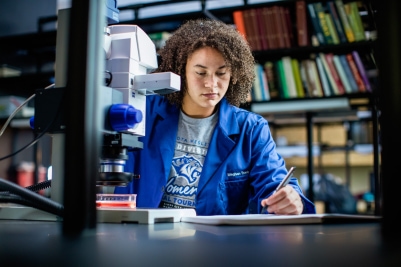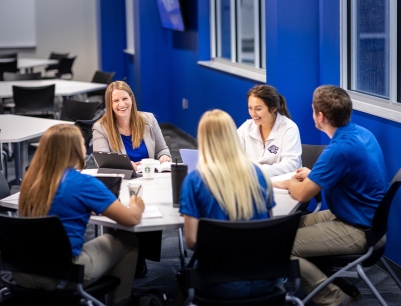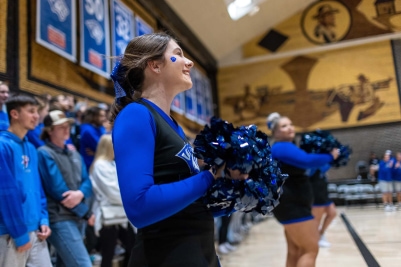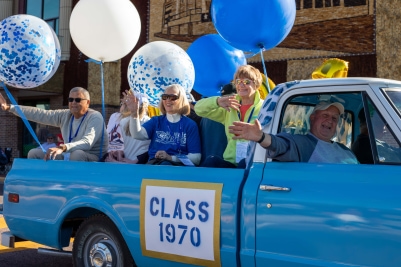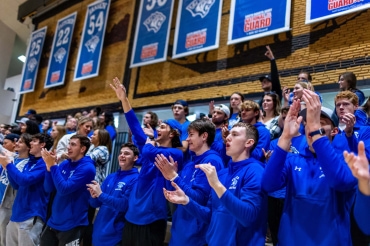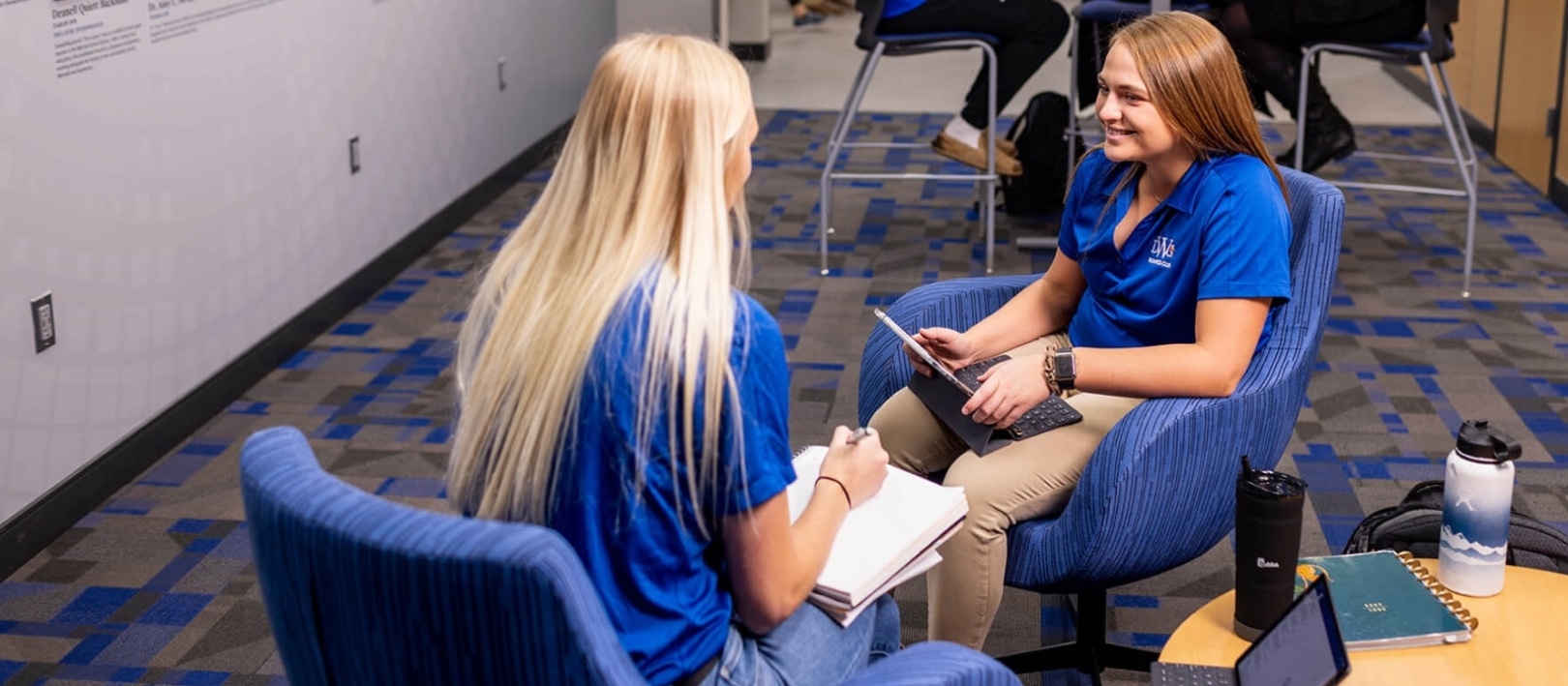General Science
Grow Your Science Knowledge
What jobs can you do with a
general science degree?
Take what you have learned in the science and carry your lessons into careers in:
Medicine, healthcare or veterinary science
Laboratory research and science technology
Pharmaceutical sales and marketing
Teaching science or related programs
Research
Hold a research position alongside your professors to explore the fields of science with hands-on learning. Become a teacher’s assistant or lab assistant in a paid position. Present your physical and social science research during DWU’s Capstone Day!
General Science Courses
Your foundational coursework will include biology, chemistry, and physics classes. Plus, you’ll have unique opportunities to do research on and off campus.
BIO 120 Principles of Biology I
Prerequisite or corequisite: BIO 120L
BIO 122 Principles of Biology II
Prerequisite: BIO 120/120L
Corequisite: BIO122L
CHM 164 University Chemistry
Prerequisite: MTH 125 or equivalent is recommended.
CHM 166 University Chemistry Lab
Prerequisite or corequisite: CHM 164
CHM 174 Organic and Biochemistry
CHM 331 Organic Chemistry I
MTH 210 Calculus I
Prerequisite: MTH 135 or math placement.
PHS 260 University Physics I
Prerequisite: MTH 210
Corequisite: PHS 260L
PHS 270 University Physics II
Prerequisite or corequisite: PHS 260/206L
Corequisite: PHS270L
Get to Know Your Professors
Learn chemistry from our experienced professors! Our low student-to-teacher ratio offers valuable one-on-one interaction.
Bethany Melroe Lehrman, Ph.D.
Brian Patrick, Ph.D.
Mike Farney, Ph.D.
Paula Mazzer, Ph.D.
Tim Mullican, D.A.
The Experience
General science is designed to provide a broad background in biological and physical sciences. You may structure the program in many ways depending on your intended scientific career. Customize your degree to meet your career goals with electives in chemistry, biology, mathematics, and physics.
Related Majors & Minors
Behavioral Sciences
It’s complicated to understand why people do what they do.
Biochemistry
Explore the living things around you, while you investigate the complexity of life processes in animals and plants.
Biology Education
Open young minds to the wonders of science! Become a biology teacher.
Biology
Gain practical, hands-on experiences with lab activities, research and an internship in your field.
Pre-Med
Pursuing a degree in medicine or another health profession after Dakota Wesleyan?


